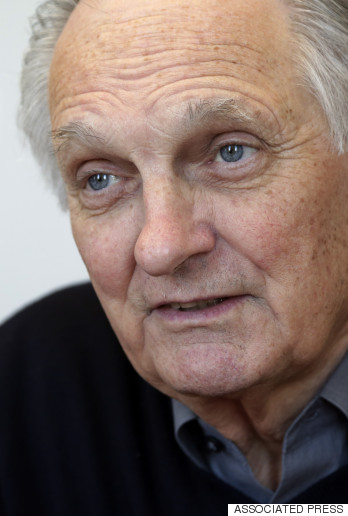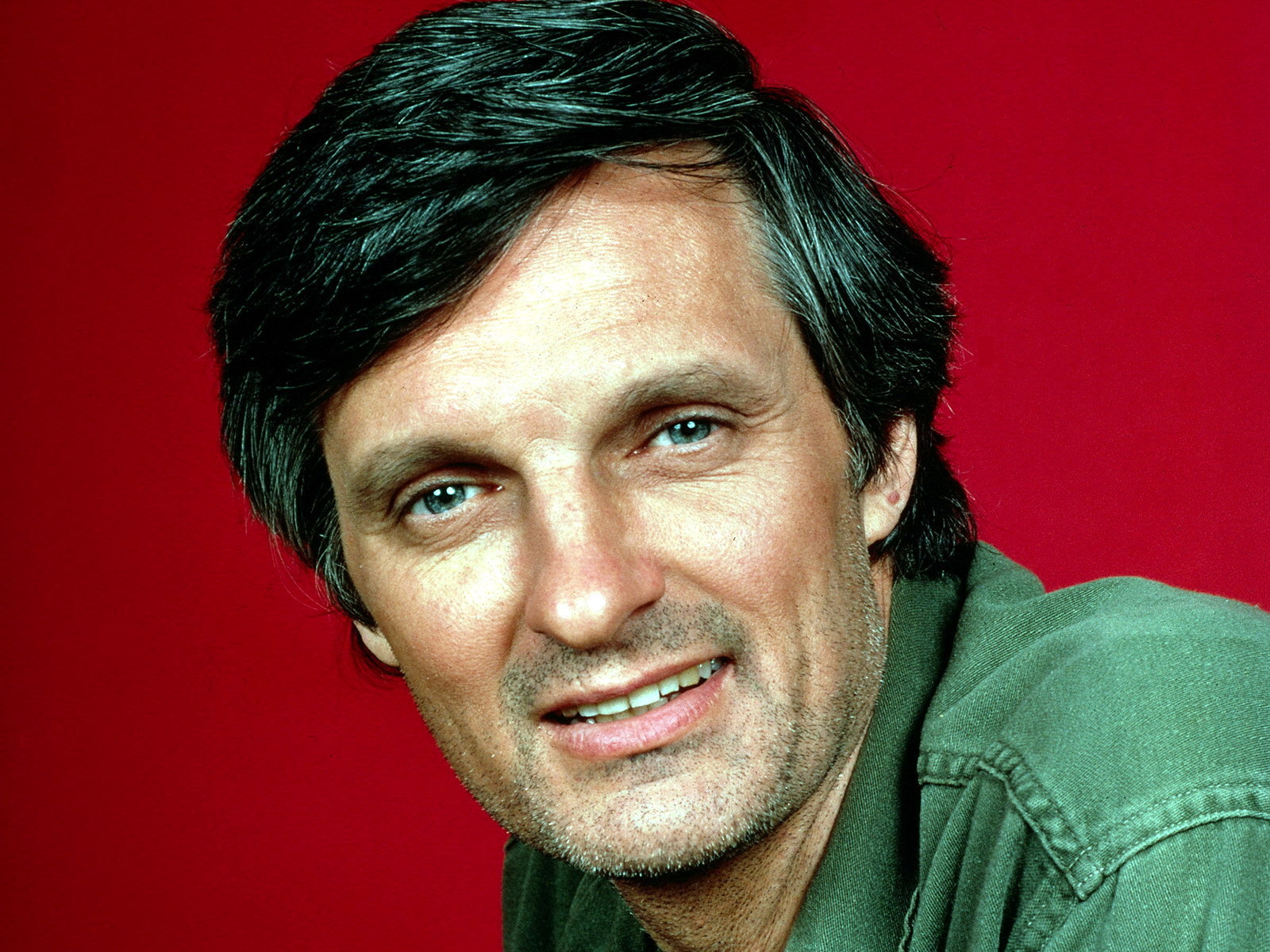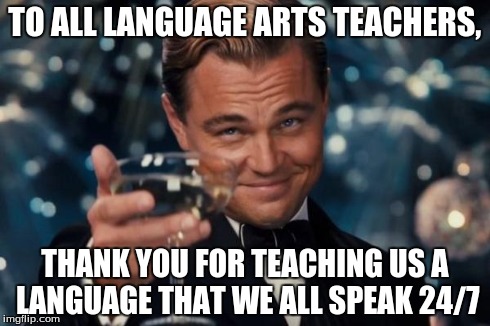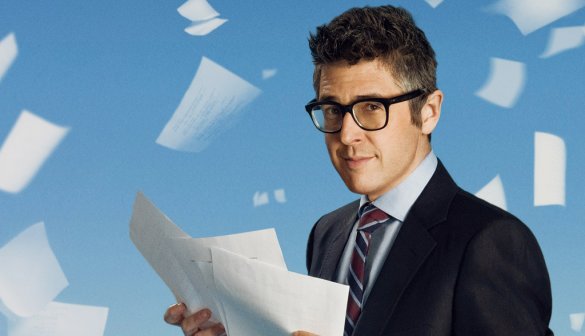I don't think younger me would be impressed. Actually, that depends on which age of younger me you're asking. Some of those ages might have been in awe of my sheer adultness. Because boring adults read autobiographies, right?

I'm not so sure about that anymore.
I am reading autobiographies as research for Stories from the Hearth, the personal histories company I am starting, because I figured I should be more familiar with the genre of real stories, and I chose to start with Alan Alda's Never Have Your Dog Stuffed for three reasons:
1) The length was reasonable for the overworked person I am becoming (272 pages in paperback).
2) I wanted to know why I shouldn't have my dog stuffed, should I ever get one.
3) It's Alan Alda. M*A*S*H was an amazing TV show.
The first thing to be noticed about this book is that it is broken down into three sections, or "acts," that follow the structure laid out in the book's epigraph (quote that kicks it off): "Act one: Get your hero up a tree. Act two: Throw rocks at him. Act three: Get him down again." (Attributed to George Abbott)
So the first section is about how Alan Alda got involved in acting (in short, his father), the second is about how hard he worked to be successful (this included working as a clown on street corners, among other interesting stories), and the third is about success and his later life.
Beneath that overarching structure, stories are mostly given according to chronology. He does jump back and forth a bit, to serve his main topics and sense of drama, I think, and it's a little disorienting. The main topics he sticks to in the autobiography are his parents -- unstable mother, famous actor father -- and his acting. He bounces between these topics, trying to give his life a traditional story arc. I'm not sure I'm a fan of that, but since this book seemed to have, at its heart, the object of entertaining, I'll give it a pass.
I could tell Alda was out to entertain from the moment I read the first sentence: "My mother didn't try to stab my father until I was six, but she must have shown signs of oddness before that."
Not necessarily a bad thing, just different.
 |
| Alan Alda |
Useful for a famous actor, but not really what my clients will be going for.
HOWEVER. This book would be, I think, useful to someone pursuing a career in acting. Besides the pick-me-up of, "Wow, he had to work really hard to get where he did, even with all that talent," there are nuggets of wisdom sprinkled throughout the book that would serve an actor well. For instance, he talks about how he learned to cry real tears on command. He also discusses empathy at some length.
For those who are interested, some fun facts about Alan Alda:
- Alan Alda is not the name he was born with. That was Alphonso D'Abruzzo. He actually hated the name "Alan Alda" when it was first proposed.
- He was beat up in school for trying to entertain the "crowd" during recess.
- Spent some time doing a film in a prison in Salt Lake City, UT (cool for me because it's near my hometown)
- He wasn't sure he was going to be able to pull off being Hawkeye Pierce until the first moment the camera was actually rolling.
- He grew up in the world of burlesque, and so was surrounded by comedians and exotic dancers.
- He once had polio.
- He had his dog stuffed.
 |
| Captain Benjamin Franklin "Hawkeye" Pierce |
After finishing the book, I went to the library and borrowed the first and last season of M*A*S*H, just to see how I would feel about it now.
But you know what? I didn't see Alan Alda acting. I saw Hawkeye.
So no, this is not the autobiography of the man who played Hawkeye, because Hawkeye was so real he wasn't really played by anyone. This is the autobiography of the man who became Hawkeye.


